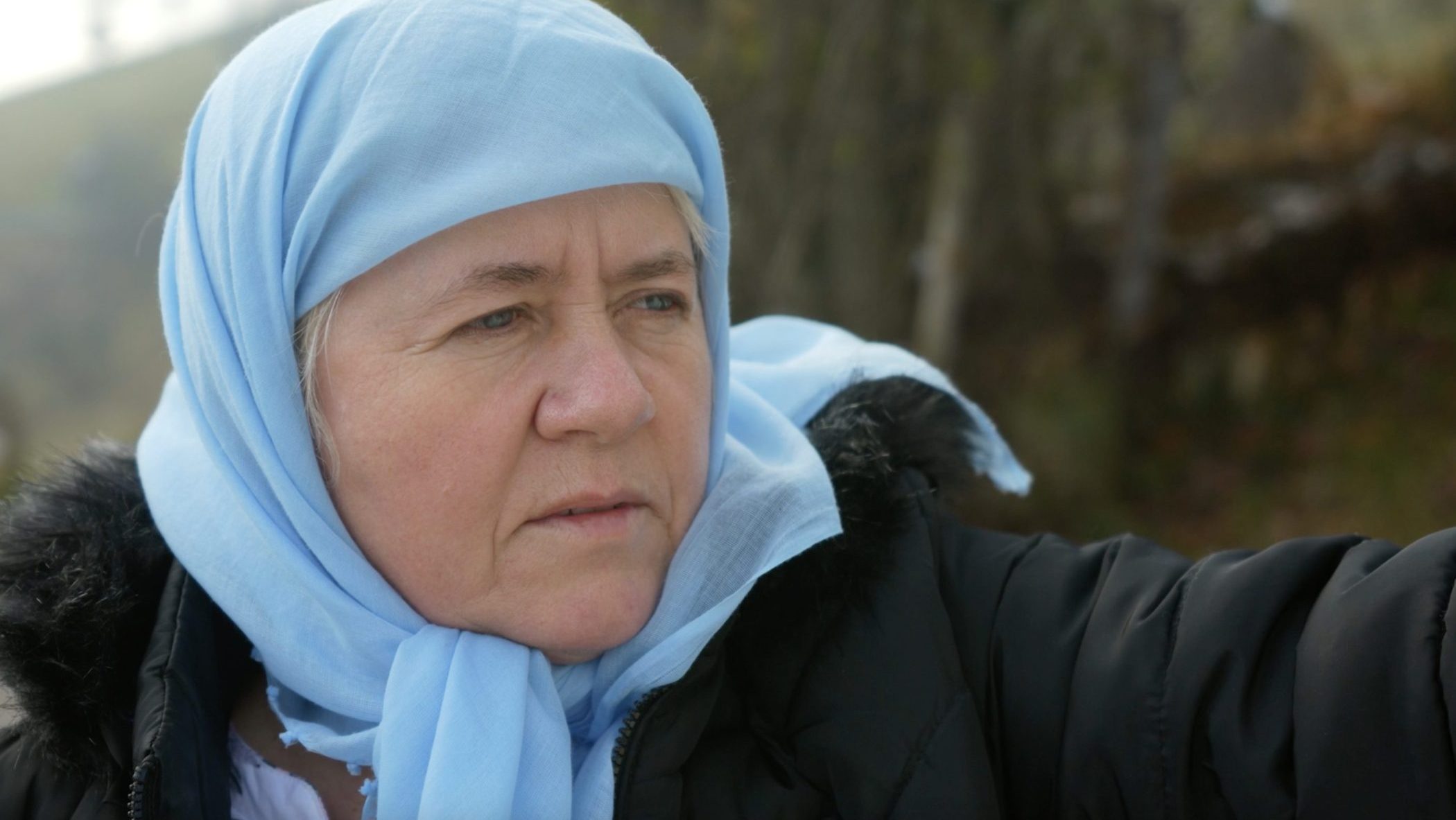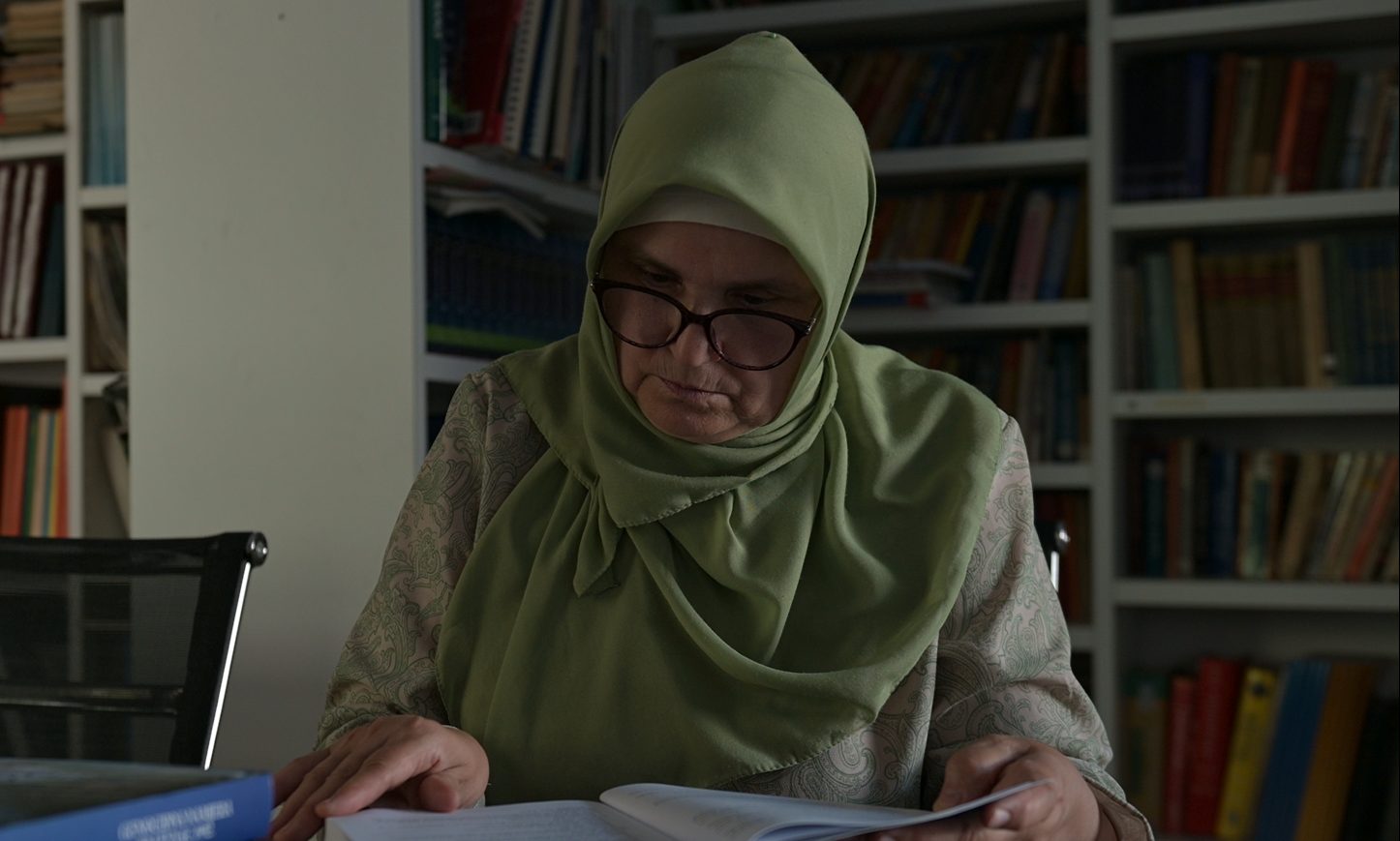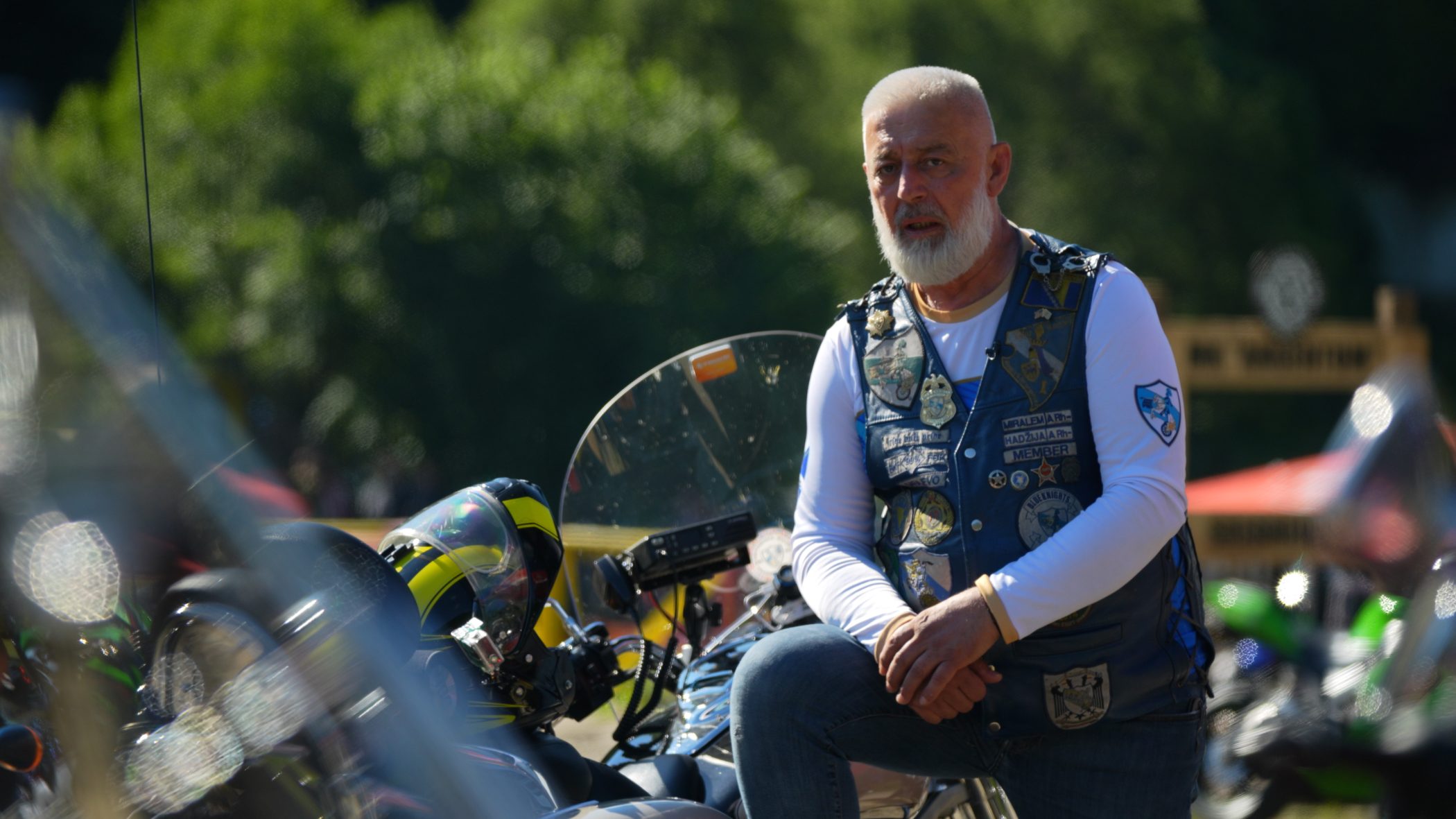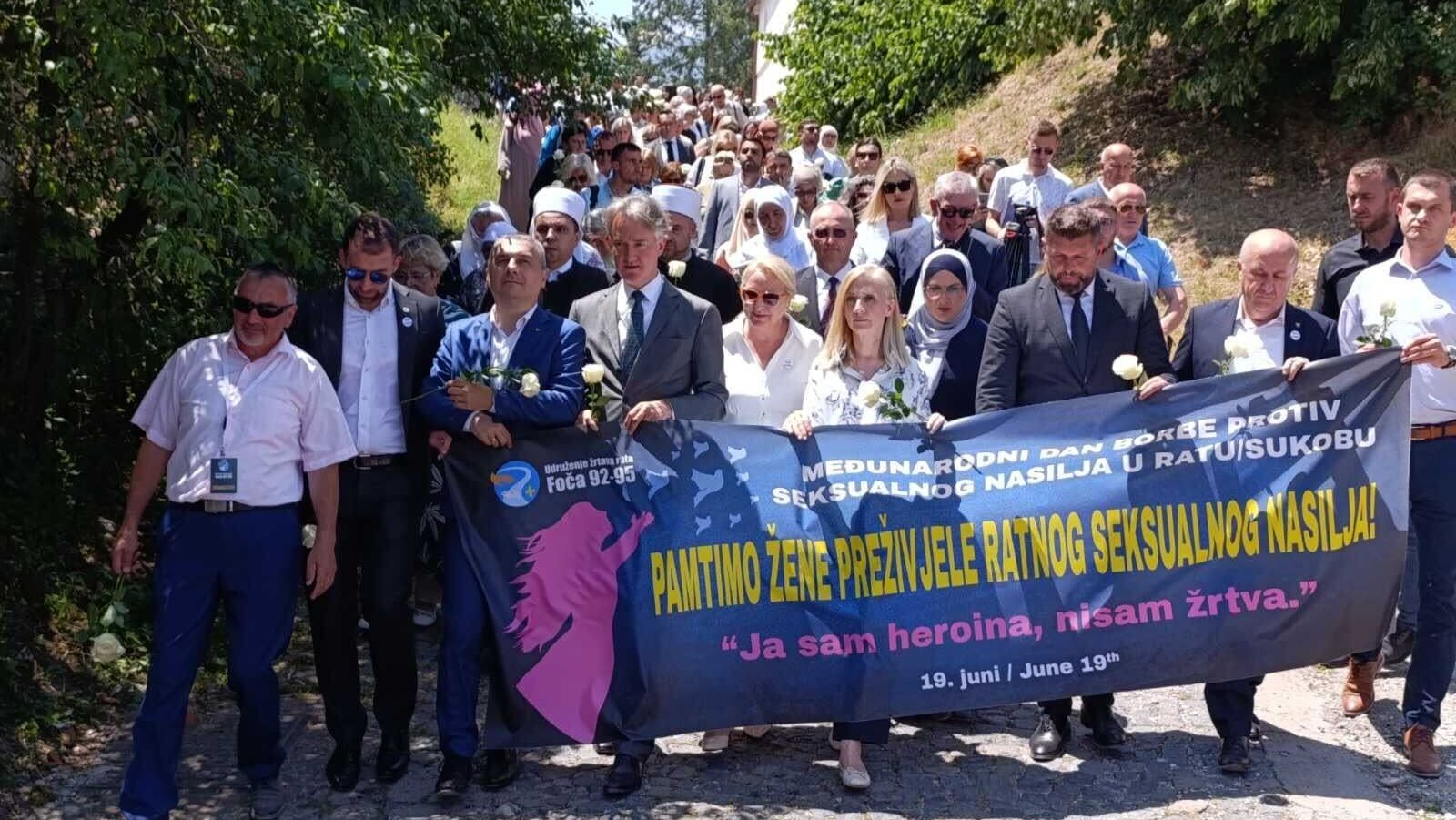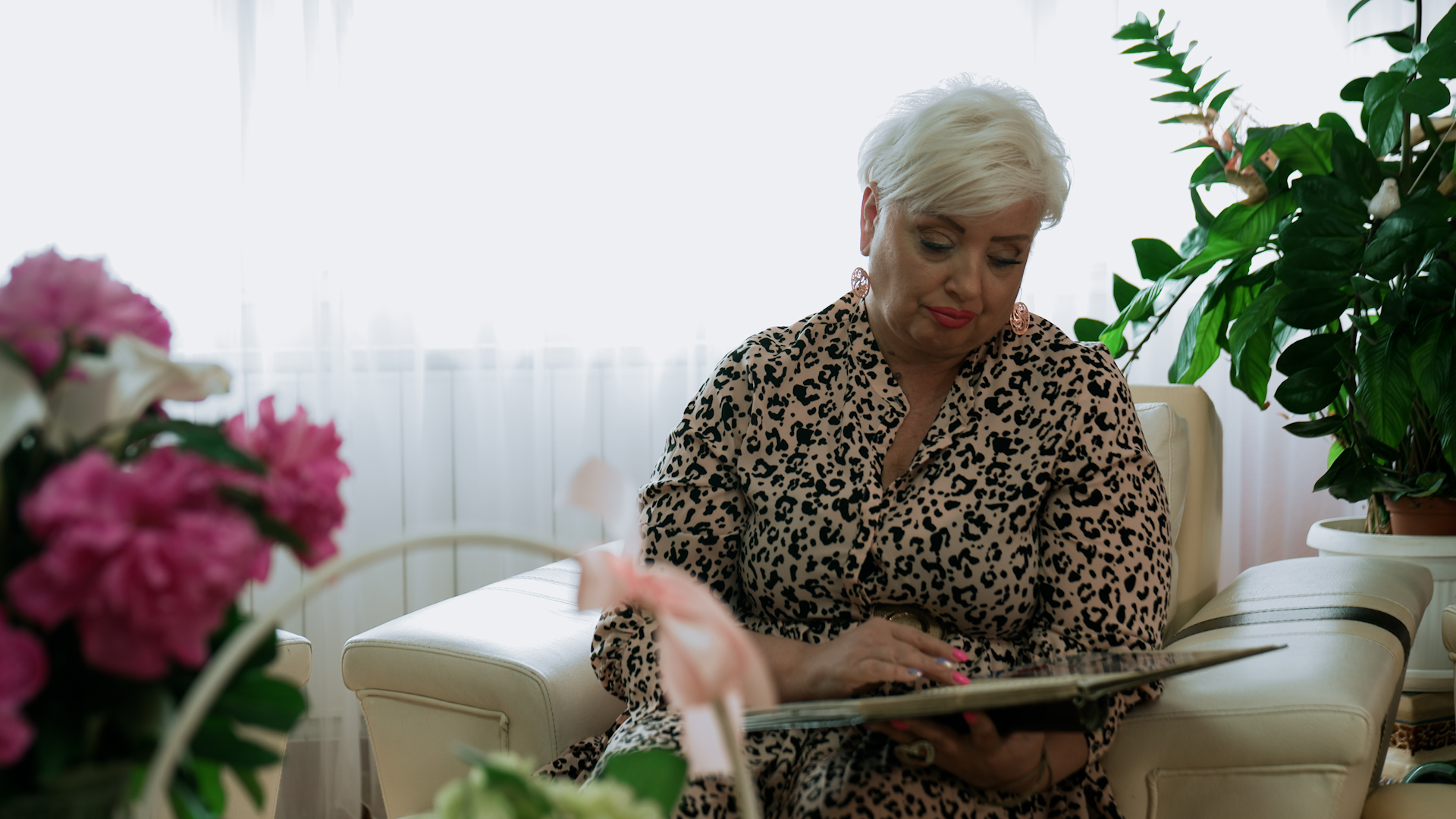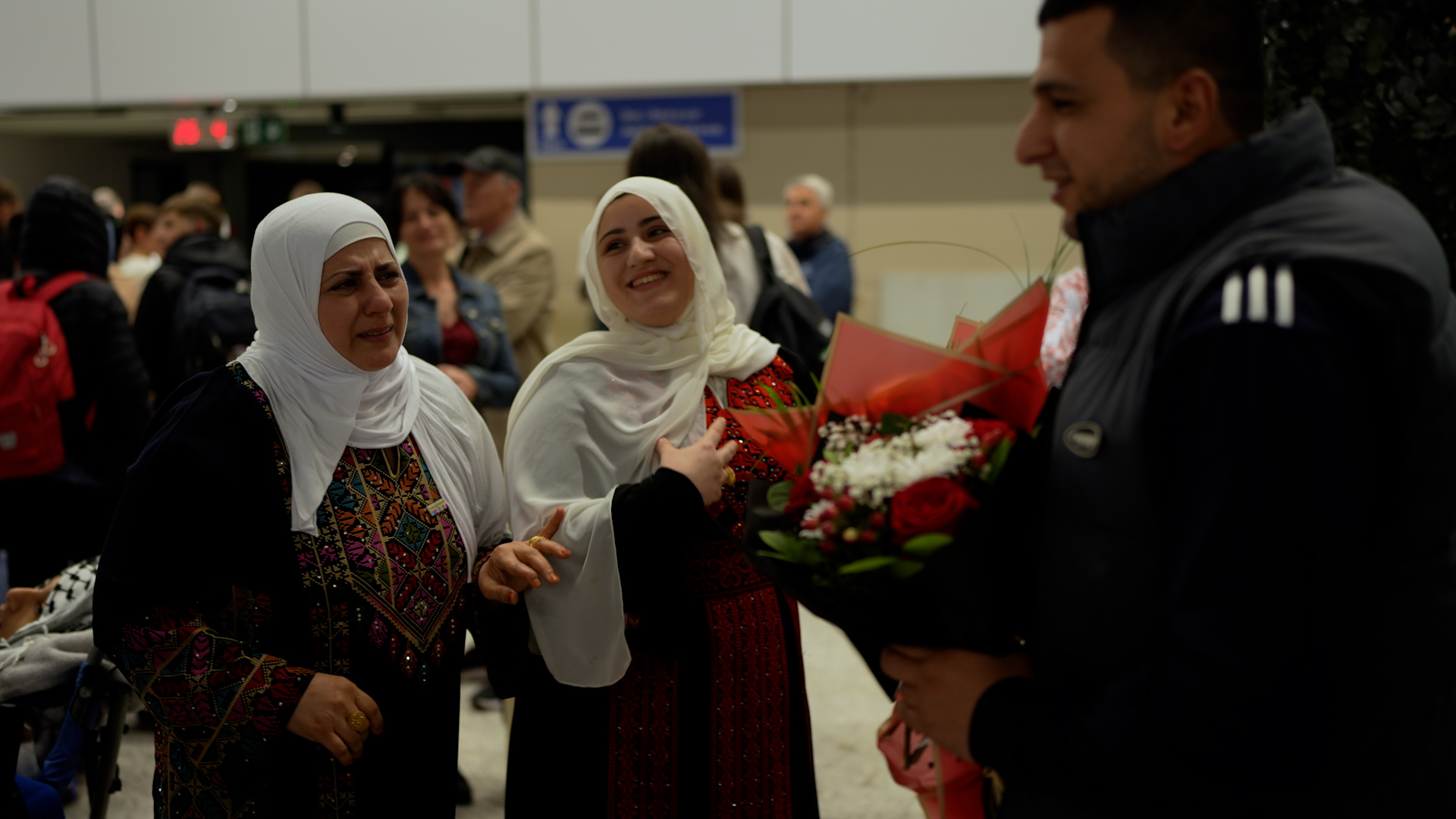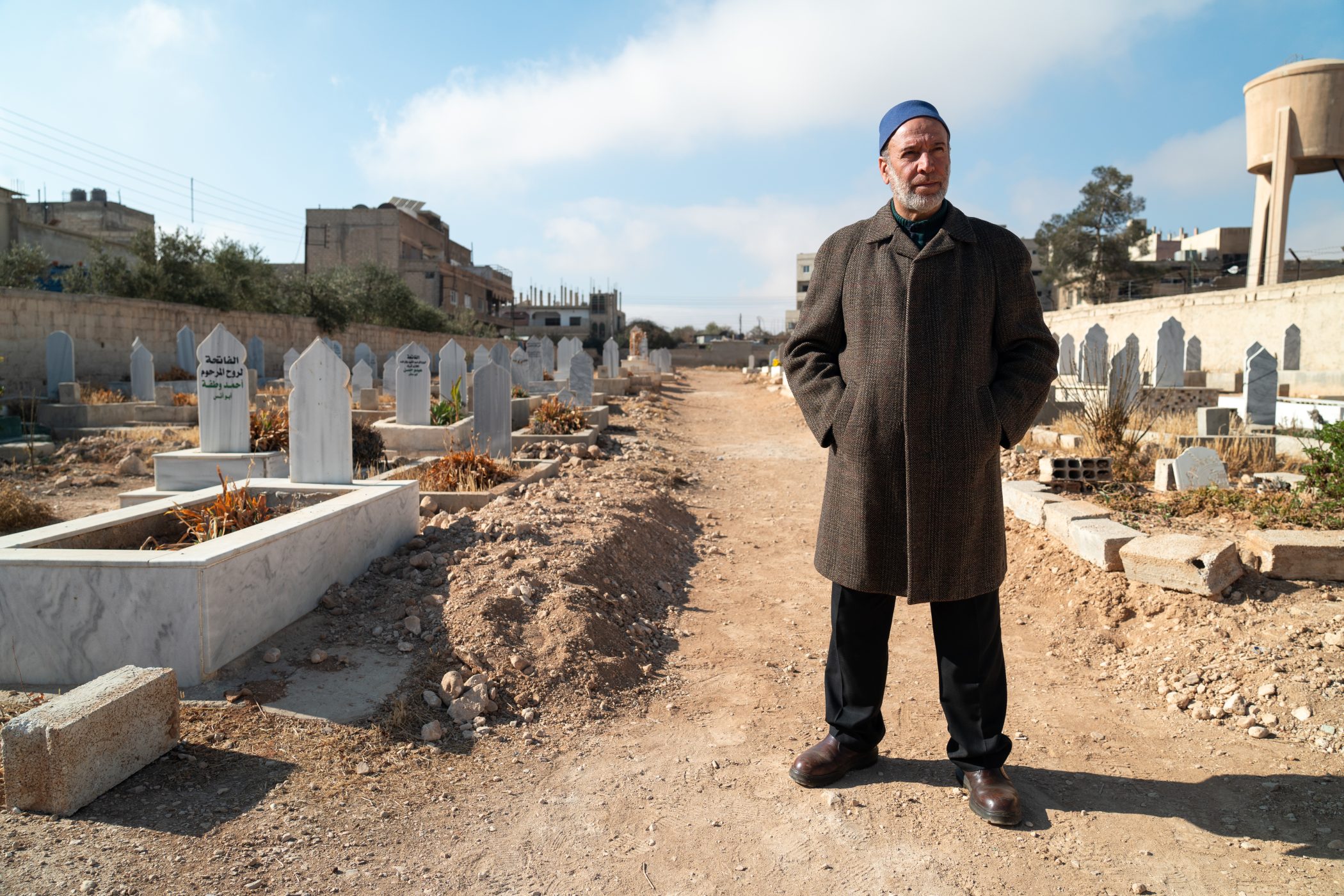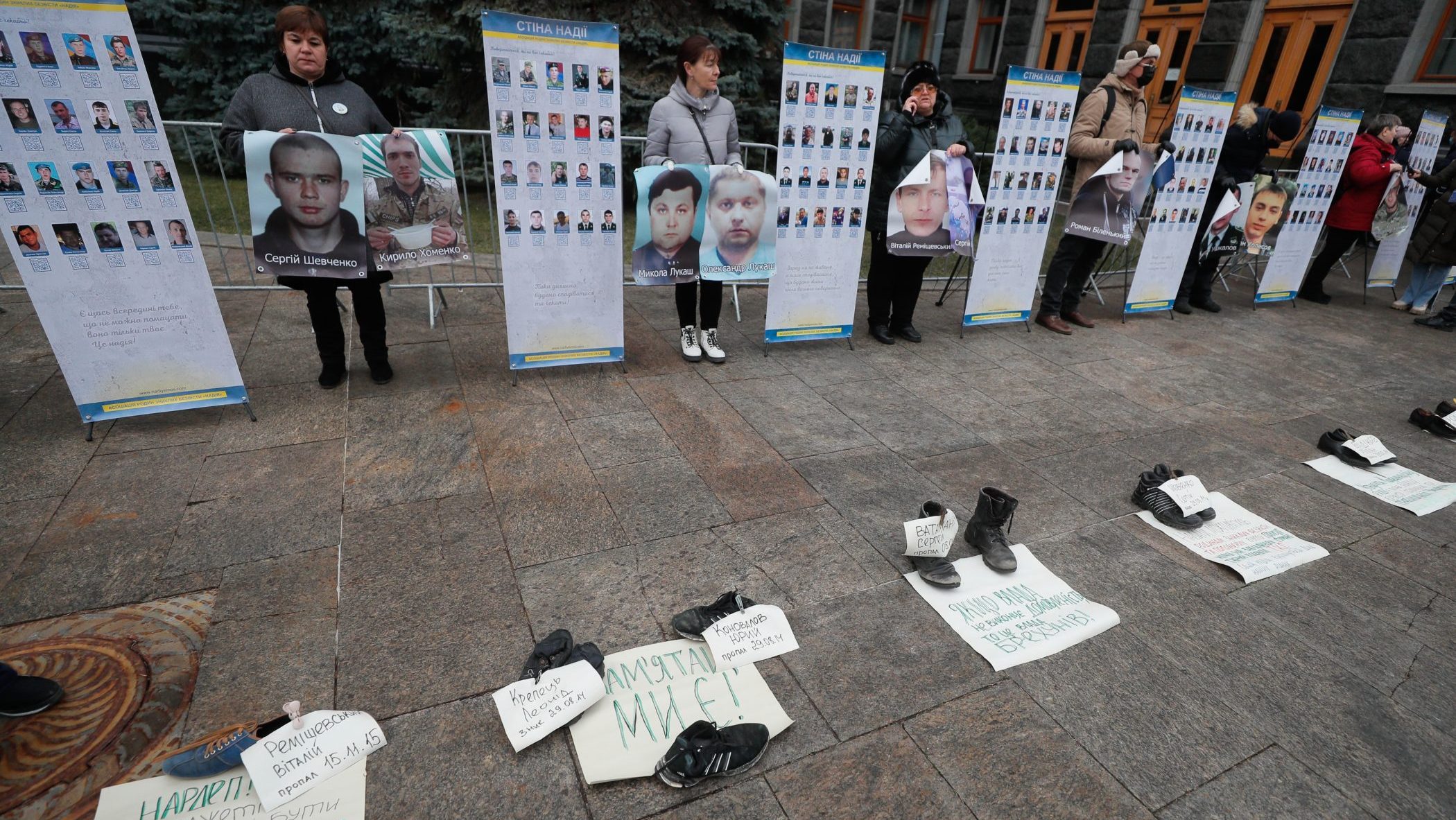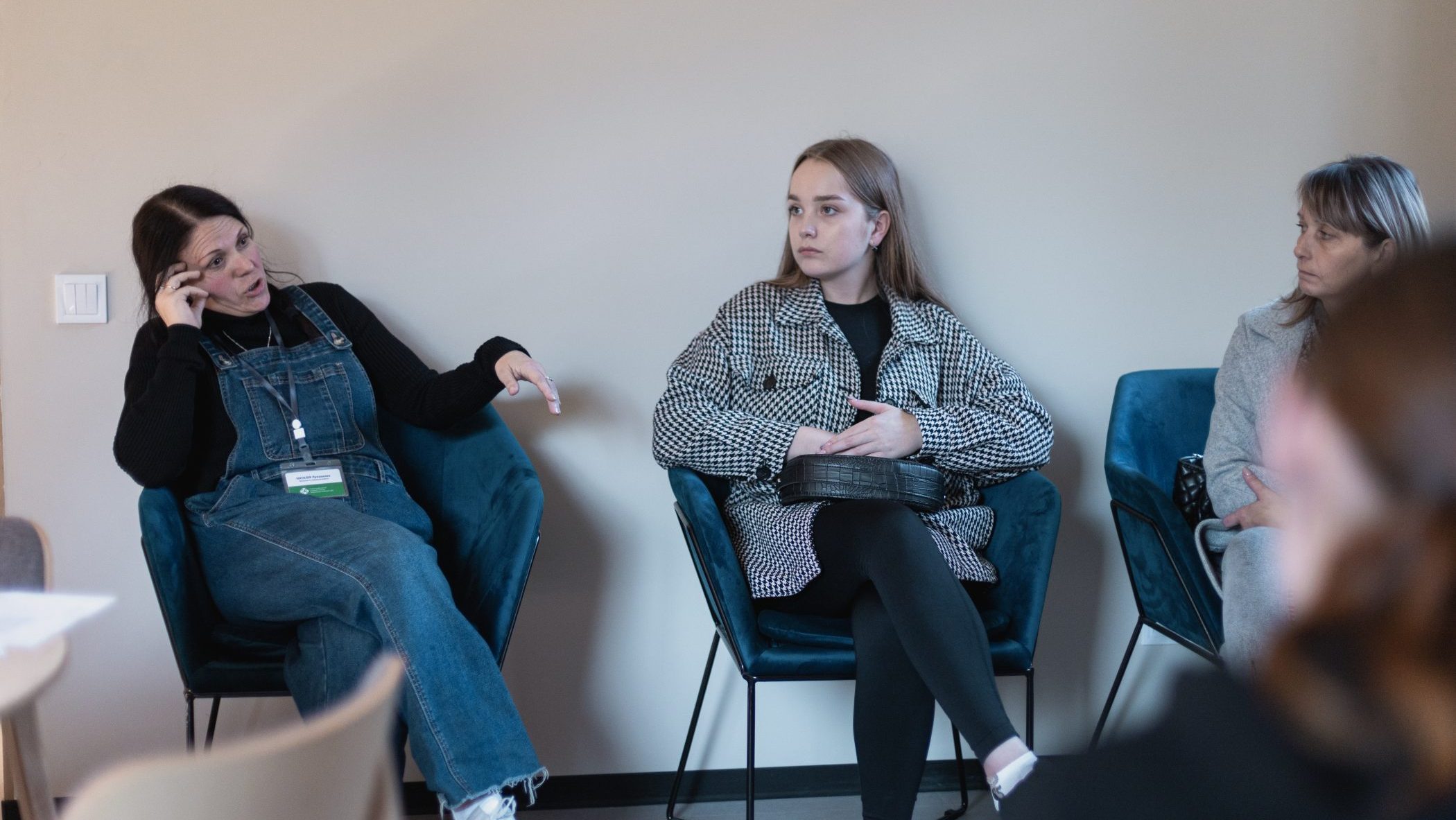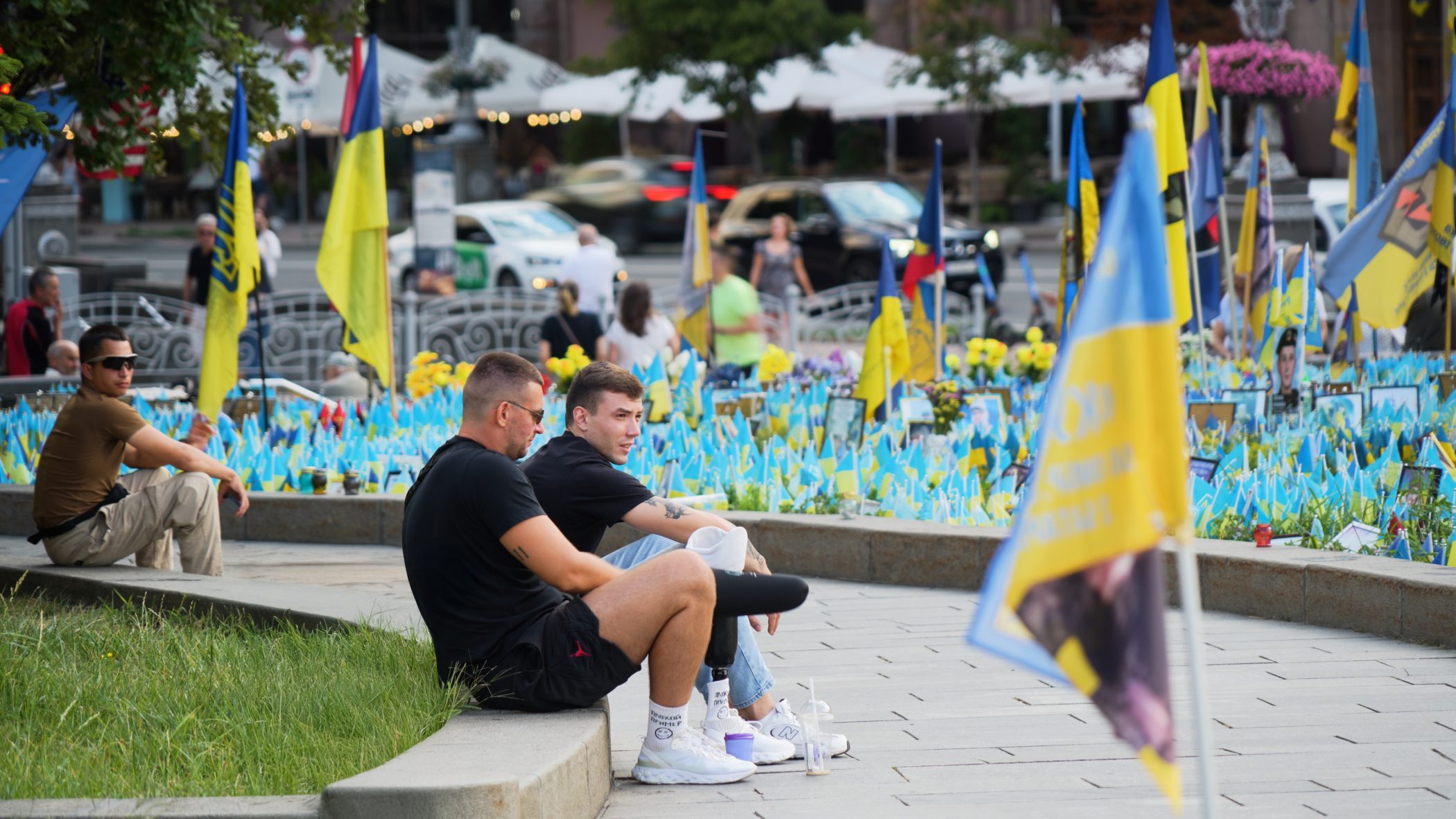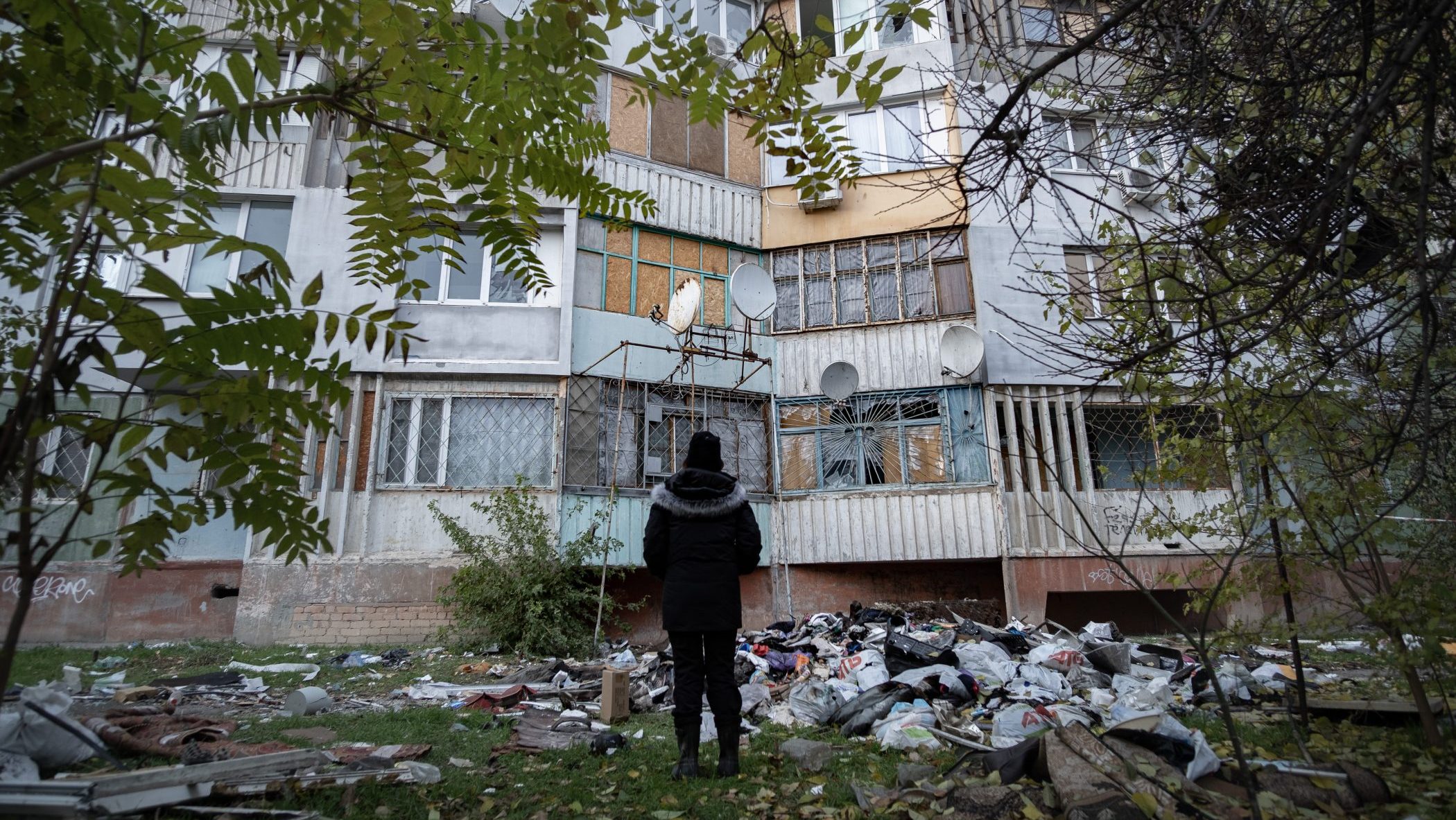Dzemila Hodzic thought she had buried her brother 30 years ago – but now knows the grave did not contain his remains. She is not the only one to suffer...
After the war ended, Ziba Kavazovic received a letter from a Serb neighbour, whose name she won’t reveal, describing how seven members of the Kavazovic family, including three children, were...
Every year, hundreds of bikers from Bosnia and Herzegovina and other countries join a marathon motorcycle ride to Srebrenica to pay tribute to those killed in the genocide in July...
In front of the former Hague Tribunal building, thousands of pieces of stones brought from Bosnia are going to be part of a provisional monument to commemorate the victims of...
Survivors of sexual violence joined a march in the Bosnian town of Foca, where many women were raped during the 1992-95 conflict, to mark the International Day for the Elimination...
Three decades ago, two-year-old Sandro was among 71 people who were killed when a shell fired from Bosnian Serb Army positions hit a youth gathering in the city of Tuzla....
Palestinian couple Mustafa and Alia Shaheen were about to celebrate their wedding when they were divided by Israel’s Gaza offensive in October 2023. Alia fled to Sarajevo, where they reunited...
With 150,000 people listed as missing from Syria’s brutal civil conflict, the new authorities are looking to learn from the International Committee on Missing Persons’ success in locating mass graves...
Thousands of Ukrainian families are searching for their loved ones, but are faced with a lack of information and even scammers trying to rip them off. Even though the search...
Family members of missing Ukrainian soldiers are joining forces to find new ways to find their loved-ones.
Mikhail Savchenko witnessed war crimes three decades ago in Bosnia, and again in his native Ukraine. In seeking justice for Russian forces’ violations, rights experts say Ukraine must avoid Bosnia’s...
Amid Russia’s full-scale war against Ukraine, the issue of restoring justice has gained particular importance. Since late 2022, when Ukraine liberated the territories of the Kharkiv and Kherson, the country...
